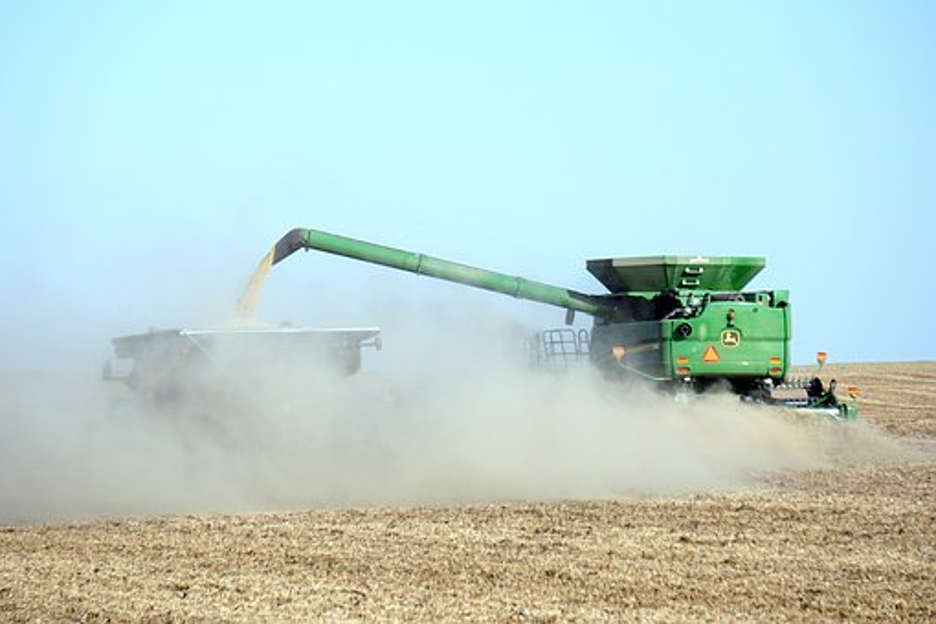In the United States, drunk driving is responsible for a large number of fatalities each year. In fact, according to the National Highway Traffic Safety Administration, drunk driving accounted for 28% of all traffic-related deaths in 2017. This means drunk drivers caused more than one in four traffic fatalities.
The consequences of drunk driving are simply too great to ignore. Not only does it put the driver at risk, but it also endangers the lives of everyone else on the road. Drunk driving is a serious problem that needs to be addressed.
How to Combat Drunk Driving to Reduce DUI-Related Accidents
To prevent alcohol-related driving accidents, many states have launched educational campaigns to increase awareness about the dangers of drunk driving. These include holding talks in different schools that emphasize the importance of not drinking and driving.
Knowing that education is critical in reducing road accidents, including DUI-related ones, many states require teens to complete a drivers ed course when applying for a license. Meanwhile, in certain states, breaking certain road rules result in mandatory traffic school course.
In addition, many states have passed DUI laws. What’s stipulated in these laws varies per state – i.e., the legal limit for blood alcohol content (BAC). Moreover, some states have stricter DUI-related laws than others. But what’s certain is that breaking them has repercussions, from taking a driver improvement course to paying hefty fines and getting their license suspended.
Implementation of Stricter Driving Laws in Some States
Even a small amount of alcohol can impair your driving ability, and the risk of an accident increases significantly when you get behind the wheel after drinking. Recognizing this danger, many states have enacted stricter laws regarding driving under the influence of alcohol, and the penalties for breaking these laws are more severe.
For example, some states now have a “zero tolerance” policy for drivers under 21. This means that any trace of alcohol in their system is grounds for a DUI. In other states, anyone caught driving with a blood alcohol content (BAC) above 0.08% can be charged with a DUI.
Regardless of the specific laws in your state, it’s important to remember that driving under the influence is always a dangerous choice. If you’re going to drink, make sure you have a designated driver or another way to get home safely.
Are Stricter Drunk Driving Laws Effective in Reducing DUI Incidents?
Now, the question many have is whether states with harsher alcohol laws saw a decline in DUI-related accidents. In short, are these laws effective?
Harsher Drunk-Driving Laws Led to Fewer Alcohol-Involved Fatalities
A study published in JAMA Internal Medicine found that stricter alcohol laws are linked to a reduced chance of alcohol-related crash fatalities. It analyzed 505,614 adult motor vehicle crashes in the US between 2000 and 2015.
The study found that states with administrative license suspension (ALS) laws saw an average 5% reduction in deaths from crashes involving alcohol per year. On the other hand, states without ALS experienced a 2% increase in such deaths. The study also found that states with tougher alcohol laws had fewer motor vehicle fatalities overall, not just those related to drunk driving.
The findings suggest that stricter drunk-driving laws can have a positive effect on reducing DUI-related fatalities. States must ensure that their legal limits are up to date and reflect the latest in science and public health. Furthermore, states should have policies such as ALS laws that can help reduce the number of alcohol-involved fatalities on the roads.
Education campaigns also play a role in raising awareness about the dangers of drunk driving and changing attitudes towards it. Together, these measures can reduce DUI-related deaths and make driving safer for everyone.
Lower Drunk Driving-Related Arrests Due to Stricter Drunk-Driving Laws
A study conducted in 2014 found that the number of people arrested for drunk driving decreased in states with stricter drunk driving laws. There was also a significant decrease in DUI-related fatalities.
The study looked at data from all 50 states and found that, on average, states with stricter laws had 26% fewer drunk driving deaths than states with more lenient laws. The researchers believe that the decrease is due to both the deterrence of drunk driving and the increased likelihood of offenders being caught and punished.
Similarly, a study in Australia found that after the introduction of tougher penalties for drunk driving, there was a significant decrease in the number of people caught driving under the influence. This, in turn, led to a reduction in the number of DUI-related fatalities.
The same study also found that the number of people who self-reported drunk driving decreased after the introduction of harsher penalties. This suggests that stricter drunk driving laws effectively reduce the number of people who break the law and, consequently, the number of DUI-related fatalities.
Stricter Alcohol Laws in Utah Decreased DUI-Related Deaths
To reduce the number of drunk driving fatalities, Utah enacted some of the strictest drunk driving laws in the country. Under these laws, drivers with a blood alcohol content (BAC) of 0.05% or higher can be charged with DUI. The legal limit in most states is 0.08%.
Since the implementation of these stricter laws, there has been a significant decrease in the number of DUI-related fatalities in Utah. In fact, from 2014 to 2018, the number of deaths decreased by 34%.
While it is not possible to say definitively that stricter laws are responsible for this decrease, it seems likely that they have played a role.
In the United States, drunk driving is responsible for many fatalities each year. Around 10,000 people are killed yearly in drunk driving accidents, and many more are seriously injured. As a result, some US states have stricter laws in place regarding drunk driving. Breaking these laws has serious consequences.
Based on several studies, states with harsh alcohol-related laws have seen a significant drop in DUI-related accidents and deaths. These findings are essential, as they demonstrate the potentially life-saving effect of stricter DUI laws. With these in mind, other states may want to consider enacting similar laws to reduce drunk driving fatalities.
Do you want to become a better driver? Learn the rules of the road, including drunk driving laws in your state, and safe driving techniques to reduce your chance of getting into a traffic accident. Take our top-rated driving courses! Call us now on (877) 786-5969 or send us a message here.
Royalty-free images supplied from PixaBay
References:
- Kane, J. M., Wickizer, T. M., Sorensen, G., Boudreau, D., & Wells, K. (2019). Association of State Alcohol Laws With Motor Vehicle Crash Mortality in the United States, 2000-2015. JAMA Internal Medicine. https://jamanetwork.com/journals/jamainternalmedicine/fullarticle/2737456
- Drunk Driving Laws by State (n.d.). American Safety Council. Retrieved March 11, 2021, from https://www.americasafetycouncil.com/drunk-driving/drunk-driving-laws-by-state.html
- Alcohol Laws (n.d.). Centers for Disease Control and Prevention. Retrieved March 11, 2021, from https://www.cdc.gov/motorvehiclesafety/impaired_driving/alcohol_laws.html




